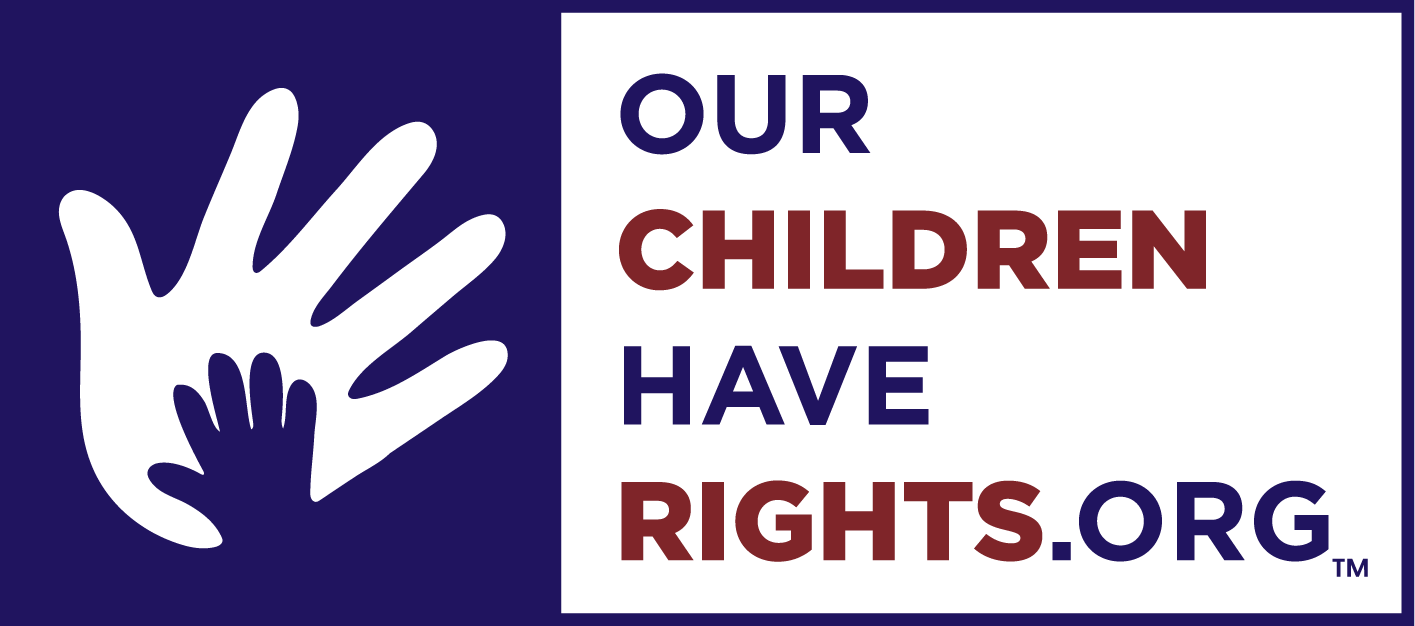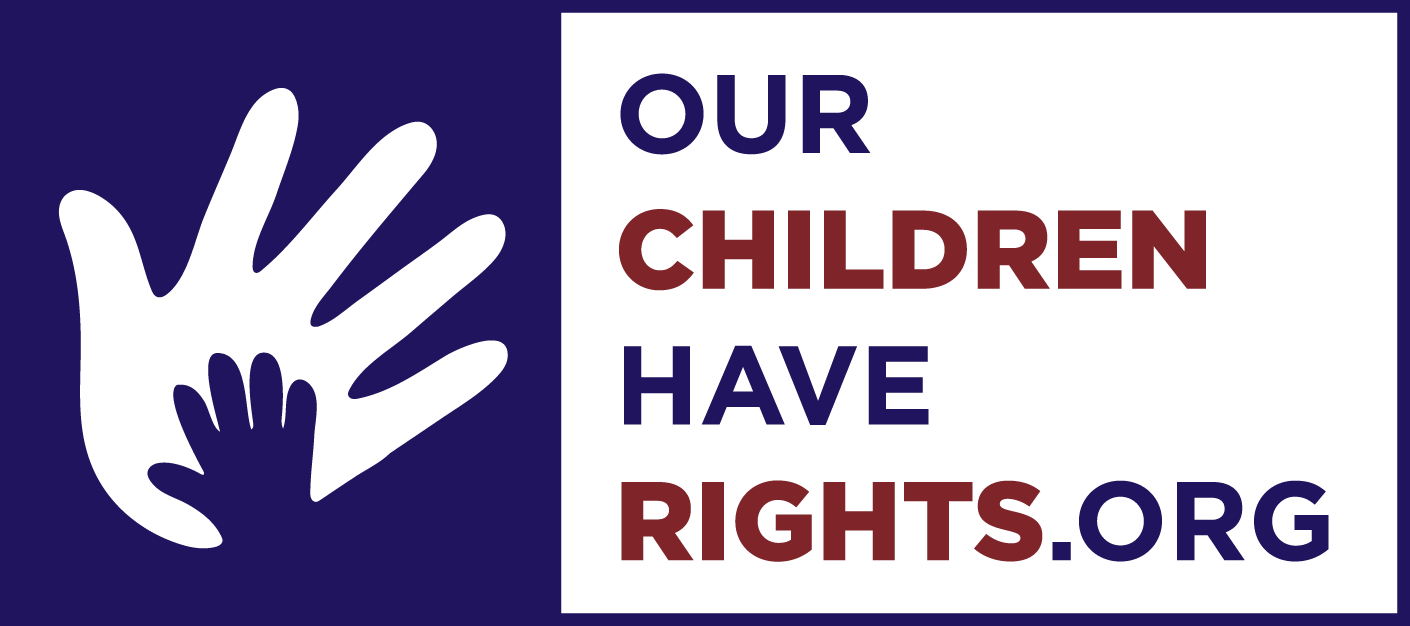
Social Media, Custody & Co-Parenting

Potential Impacts on Custody Outcomes
Judges may use social media to assess parent involvement, behavior, and communication skills or tendencies.
Posts showing self-interest over child interest can impact custody.
Limiting social media use and consulting an attorney is advised.
Judges may use social media to see parent involvement in the child's life.
Involved Parenting
Posts showing risky behavior may indicate a parent is unfit for custody.
Inappropriate Behavior
Disparaging the other parent can negatively impact a custody case.
Negative Comments
Posts that show a shopping spree for material items CAN indicate that they are more interested in themselves than their child.
Spending Money on Oneself
Limiting social media use protects you, but not always necessary.
Be mindful of what you post.
Avoid negative comments about the co-parent, and negative comments all-together.
Review your accounts, no matter how far back in time.
Consult with an attorney before making major decisions.
Protecting Yourself
If you've already made a post that could affect your custody case, you should contact your attorney as soon as possible.

Common Disagreements on Kids & Social Media
Parents often disagree on children's access to social media, content sharing, time limits, privacy settings, and monitoring.
Discussions should prioritize child well-being to avoid disputes.
Disagreements about the appropriate age & how social media is used are both common
Which social media platforms can the child access?
What kind of content can be shared?
Time limits?
Privacy settings
Safety Controls
Parent access:
Must the child “friend” their parents or permit visibility of their posts?
Should the child share passwords?
Is it OK for parents to check private messages? Public content?
Establishing limits is not solely aimed at preventing children from being drawn into social media algorithms that promote excessive scrolling.
Unrestricted usage can also expose them to inappropriate material, such as violence or pornography, and pose risks from online predators.
Parents are strongly advised not to depend solely on tools like parental controls, but to regularly monitor use & time spent on social media to safeguard their child.
Conversations regarding social media restrictions should prioritize the child's well-being rather than merely reflecting parental preferences. The latter part is a recipe for disputes.

Mindful Tips
Anything shared online can be used as evidence.
Privacy settings can be deceptive.
Misinterpreted posts can have legal consequences.
Social media can validate alibis.
Be cautious and think of children when posting.
Anything you share can potentially be used as evidence no matter how harmless it appears. Be mindful of all the people who can potentially see it, judges, attorneys etc.
Nothing Truly Vanishes
Seemingly harmless jokes are misinterpreted without context.
An innocent post may become proof of wrongdoing or intent.
How Posts Can Be Misinterpreted
Beyond Legal Risks
Consider the personal & professional impacts, such as future employment, relationships, and reputation. Make sure your social profiles are always tightened up.
Think Twice: If you wouldn't want it on a giant screen in a courtroom, don’t post it.
Privacy Settings: Stay up-to-date with updates. Apps & privacy settings change.
Tips for Safe Use
Even if your privacy settings are high or you use seemingly anonymous platforms, online privacy can be deceptive. Assume that anything can be accessed.
Private Isn't Always Private
Custody: A photo of a night out is used in court to question parenting abilities.
Insurance Claims: Dad claims serious injuries & posts workout photos, claim denied.
Employment: Co-worker calls out, shares a photo from the beach, the boss sees it…
Real-Life Blunders
Social media can confirm a location & time that validates an alibi.
Social Media CAN Exonerate You
Posts are used as evidence to form opinions on you, your judgement, & standard of living. These factors influence outcomes in court. Regrettable posts have consequences.
Post Positive
Even the most loving parents can make mistakes. Be mindful and think about your children when posting online.

Co-Parenting and Social Media Use
Co-parents should establish guidelines for children's social media use, considering age and maturity.
Disagreements on boundaries are common. Understanding potential conflicts can help prevent disputes.
Co-Parenting Considerations For Social Media Use
It’s inevitable that divorced or unmarried parents raising children together will face this issue at some point. Ideally, co-parents should work together to establish clear guidelines regarding their children's use of social media, documenting their mutual understanding in parenting plans that can serve as a reference for any future disagreements.
A crucial consideration for parents is the age of their children. Many popular platforms, including TikTok and Instagram, require users to be at least 13 to create an account. However, the maturity level of the child is equally important. A less mature child might be better off waiting longer before engaging with social media; for instance, some say social media use should be delayed until the age of 16, although individual needs will vary among children.
Parents may consider setting boundaries for social media usage. This is often where disagreements between co-parents surface. What one parent perceives as reasonable may be seen as too permissive (or excessively restrictive) by the other. Understanding these potential points of conflict can aid in anticipating and possibly preventing disputes.
Educational Article:
“Social Media During Divorce & Child Custody Disputes”
Published in Belleair Neighborhood News Magazine – November 2024
For parents navigating divorce & child custody, posting on social media can significantly impact the outcome in court. Properly navigating the social media landscape is critical to avoiding unnecessary pitfalls, which can have devastating effects on the children. Before clicking “post”, consider these consequences.…












